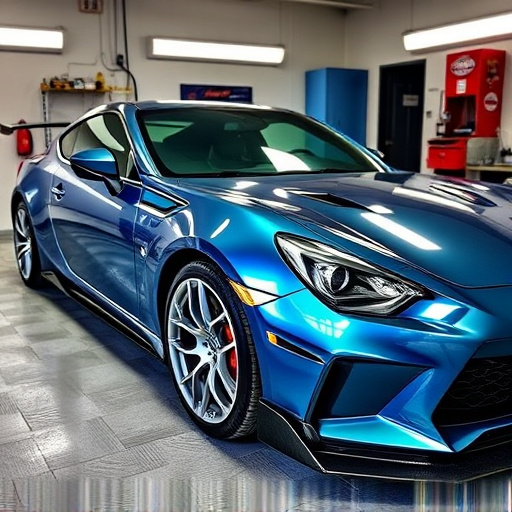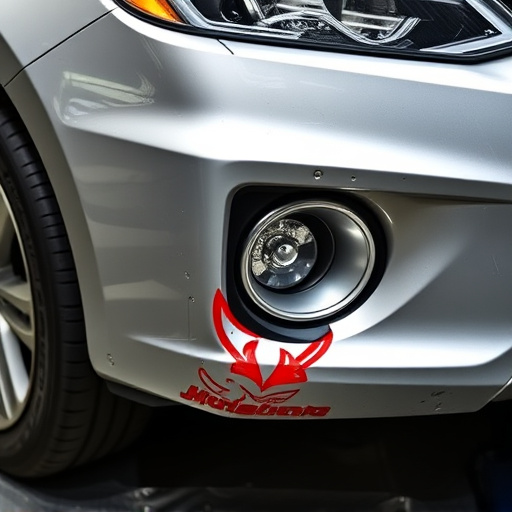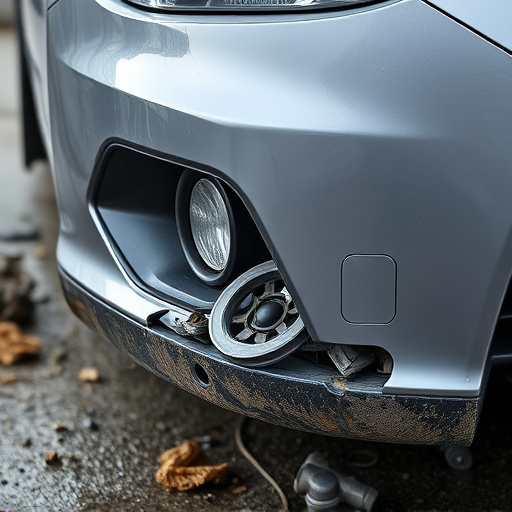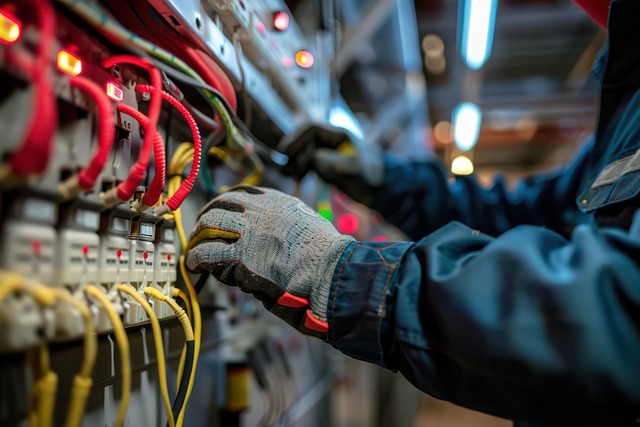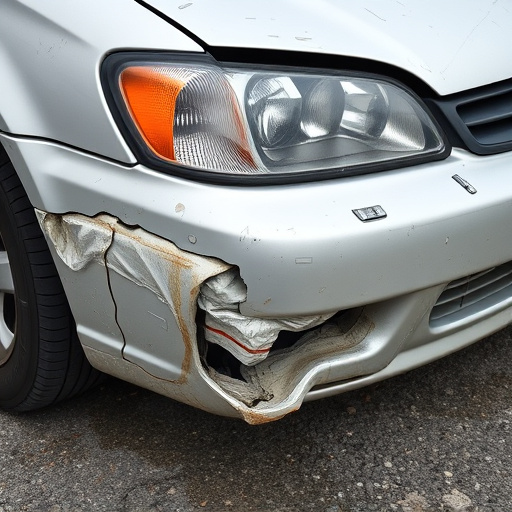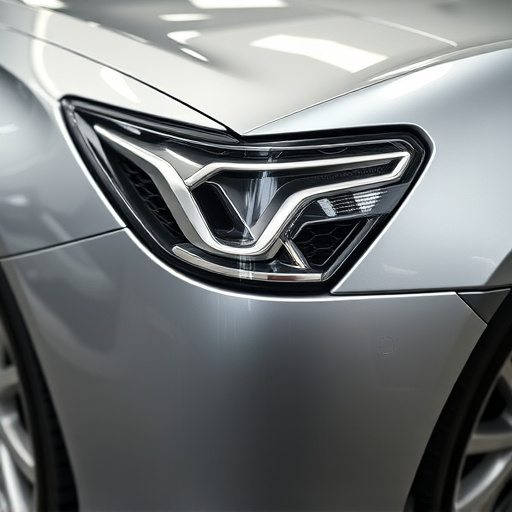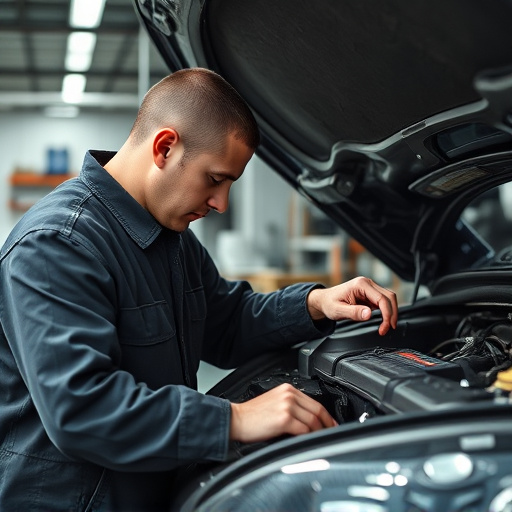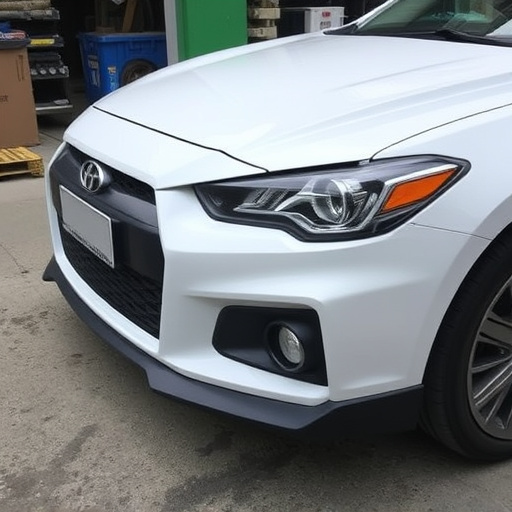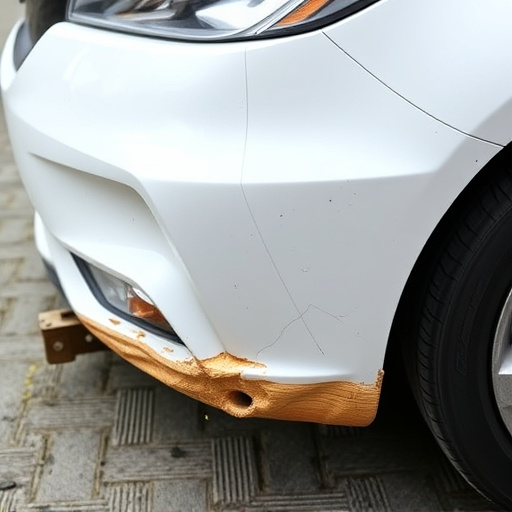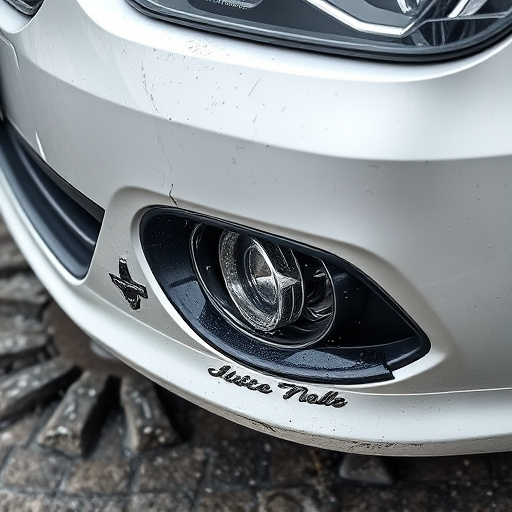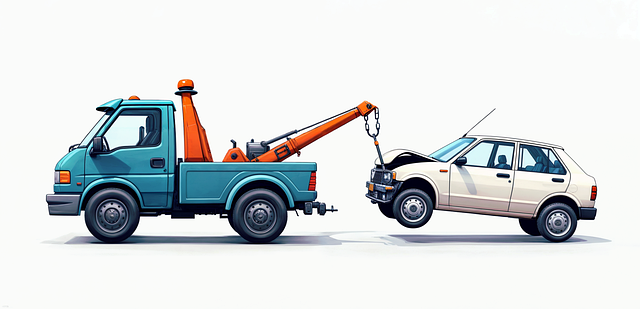Mercedes aluminum welding is a specialized automotive process requiring advanced knowledge and techniques for high-tolerance parts. With aluminum's unique properties, precision is critical to ensure structural integrity and aesthetic appeal. Cutting-edge methods like laser welding and AI-robotics are essential for intricate body work, adhering to stringent tolerances while preserving the vehicle's sleek design. Skilled professionals manage heat, cooling, and speed for flawless welds, prolonging part lifespans and maintaining Mercedes vehicles' distinctive look.
Mercedes aluminum welding is a precision art that demands meticulous attention to detail. As the automotive industry shifts towards lightweight materials, high-tolerance aluminum parts are becoming increasingly common in Mercedes vehicles. This article delves into the intricacies of Mercedes aluminum welding, exploring the unique challenges and materials involved. We’ll uncover why precision is paramount for achieving unparalleled accuracy in these intricate welds, and highlight advanced techniques and technologies that set the standard for excellence in this specialized field.
- Understanding Mercedes Aluminum Welding: Materials and Challenges
- The Importance of Precision in High-Tolerance Welding
- Techniques and Technologies for Achieving Unparalleled Accuracy
Understanding Mercedes Aluminum Welding: Materials and Challenges
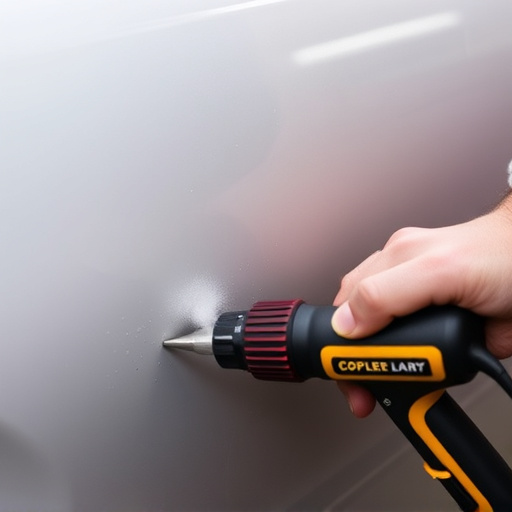
Mercedes aluminum welding is a specialized art that requires an intricate understanding of materials and techniques to achieve high-tolerance parts. The automotive industry, particularly with luxury brands like Mercedes, demands precision and quality in every component, from engine blocks to chassis frames. Aluminum, known for its lightweight properties, poses unique challenges compared to more conventional metals used in car manufacturing. Its low melting point and tendency to oxidize during the welding process necessitate specific procedures and tools.
The materials employed in Mercedes aluminum welding include various aluminum alloys designed to enhance structural integrity while maintaining lightweight characteristics. These alloys often contain elements like magnesium and copper, which contribute to their strength and corrosion resistance. However, these very properties also make welding more complex as they can affect heat treatment and formability. Auto detailing enthusiasts and professionals offering car restoration or bodywork services must be adept at handling these challenges to ensure seamless fusion, preserving the structural integrity and aesthetic appeal of Mercedes vehicles throughout their lifecycle.
The Importance of Precision in High-Tolerance Welding
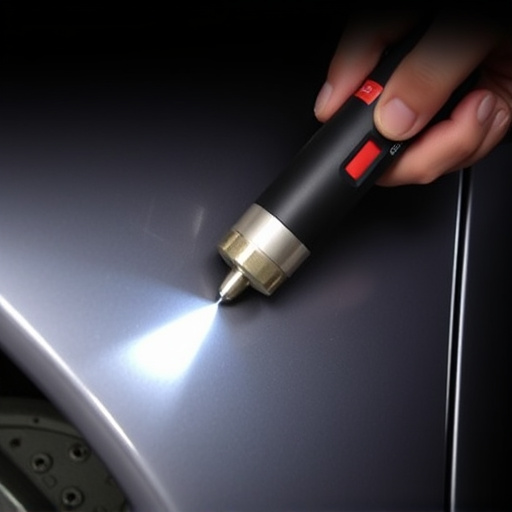
Precision is paramount when it comes to Mercedes aluminum welding, especially for high-tolerance parts that demand flawless craftsmanship. The intricate nature of modern automotive design requires welders to adhere strictly to specifications, ensuring every joint is perfectly aligned and joined. Even the slightest deviation can compromise structural integrity, leading to potential safety hazards and performance issues down the line.
In the realm of car paint repair and auto body restoration, achieving precision welding is crucial. Vehicle body repair specialists must carefully manage heat input, cooling rates, and travel speeds to create strong, clean welds that seamlessly integrate with existing components. This meticulous attention to detail not only guarantees the longevity of repaired parts but also maintains the overall aesthetics of the vehicle, ensuring it retains its sleek and refined appearance.
Techniques and Technologies for Achieving Unparalleled Accuracy
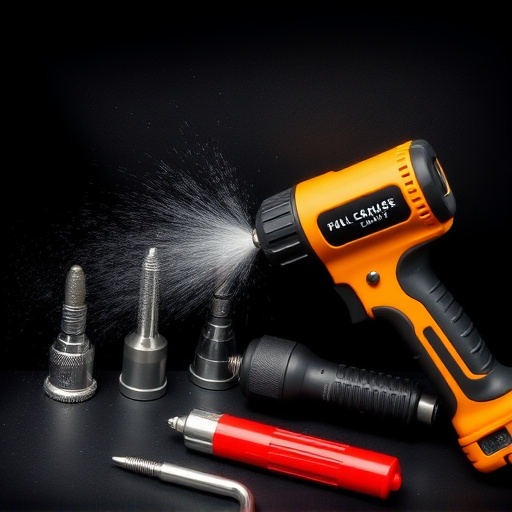
Mercedes aluminum welding requires unparalleled precision to meet the high-tolerance standards of automotive manufacturing. Advanced techniques and technologies play a crucial role in achieving this level of accuracy. One such method is laser welding, which offers precise control over heat input, minimizing distortion and ensuring seamless fusion. This technology is particularly valuable for intricate auto body work and collision repair services, where even the slightest deviation can impact the structural integrity of vehicle components.
Additionally, robotic welding systems equipped with AI capabilities enhance precision by automating the process and allowing for consistent, repeatable results. These systems are integral to the operations of top-tier auto collision centers, enabling them to deliver high-quality Mercedes aluminum welding services. By combining these advanced techniques, auto body work professionals can maintain the integrity and aesthetics of vehicle parts while adhering to stringent manufacturing tolerances.
Mercedes aluminum welding demands unparalleled precision due to the high-tolerance parts required in modern vehicles. Understanding the unique materials and challenges associated with this process is essential for achieving consistent quality. By leveraging advanced techniques and technologies, manufacturers can ensure precise welds, enhancing structural integrity and vehicle performance. This focus on accuracy not only meets the stringent standards of the automotive industry but also contributes to safer and more efficient Mercedes automobiles.
